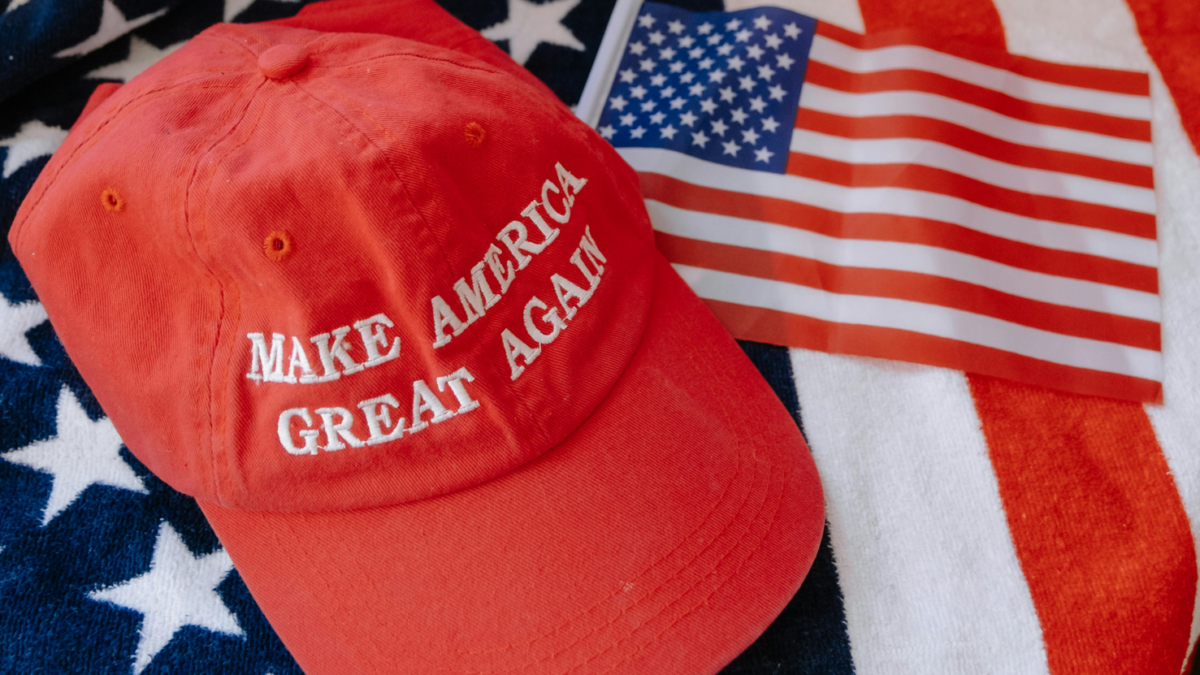
According to the experts, Republicans are expected to hold the House and very possibly take the Senate. Since it’s well known that Americans embrace Democratic Party positions on a range of issues – every issue! – this seems to be a perplexing turn of events for many in the media.
“Poll: Democrats’ advantage on key issues is not translating to a midterm-election edge” reads the headline of this Washington Post piece by Dan Balz and Scott Clement examining the guts of a Washington Post-ABC News poll – which, in turn, is titled, “Democrats hold issue advantage, but not on 2014 midterm vote.”
Take health care. The authors explain that despite “the problems with the health-care law’s implementation,” (because only the “implementation” has been problematic, right?) “Democrats maintain an edge over Republicans on which party Americans trust to deal with the issue, by a margin of 44 percent to 36 percent.”
In hypothetical terms, Democrats do hold a lead on the “trust” between the two parties – a lead that has significantly contracted since Obama held 20-point highs on a Republican challenger back in 2008. More significantly, though, what the authors left out of the story was that 15 percent of extraordinarily sensible voters say they don’t trust either party to handle their health care choices.
Once we recalculate, adding in those numbers, here’s what the ABC poll actually tells us:
- Americans who want Democrats running their health care: 44 percent.
- Americans who do not want Democrats running their health care: 51 percent.
In fact, the very same Washington Post ran a post titled, “Don’t trust either political party? Then you’ve probably thought about voting Republican in 2014,” which makes the case that disgruntled and independent voters are breaking towards the GOP. Why does it matter? Not long ago, Gallup found that 42 percent of Americans identified as political independents in 2013. It’s the highest percentage the pollster has recorded since it began asking the question.
And the ABC-Washington Post poll breakdown finds that independents – largely ignored in stories – make up the largest block of its polling:
- 30 percent Democrats
- 22 percent Republicans
- 40 percent Independents
So ignoring independents can trigger wishful thinking.
Republicans may be unpopular, but when it comes to quantifiable, real-world health care policy, Democrats are, at the very least, also losing. When those polled were asked if they approve or disapprove of the way President Obama is handling “implementation” of the new health care law, 38 approve and 57 disapprove. (One wonders what the numbers would look like if those polled were asked if they approve or disapprove of the law itself rather than just its execution.) But even if we concede that the GOP has a baffling inability to articulate a meaningful reform platform – or, even if they had the ability, would offer a policy that was unpopular — it’s quite a jump to assume that Americans approve of the technocratic misery they’ve been subjected to thus far.
Almost every issue (save some social issues) break similarly in polls. Even with that said, not all issues are equally significant. This also undermines the “Democrats own all the issues” talking point. In a highly cherry-picked post, The Washington Post’s prolific liberal blogger writes:
The minimum wage, which Dems are making central this year, is significantly more helpful than Obamacare is: By 50-19, Americans say they’d be more likely to vote for a candidate who supports hiking it. Dems are more trusted on immigration, energy, taxes, health care, and helping the middle class (47-34), while an overwhelming 68 percent say the GOP is not in touch with the concerns of most people today.
Obama is attempting to transform the minimum wage into a “key” issue because it’s not. In Gallup’s “most important” issues poll, the minimum wage issue shows up nowhere, with even “the gap between rich and poor” pulling a two percent showing. Immigration is similarly non-important to most voters. That’s not to say that, broadly speaking, these aren’t useful political strikes on the GOP. But, if we’re to believe polls, the most vital issues to voters are the economy, jobs and deficits/debt (though I’m skeptical on that one). And when asked which political party they trust to do a better job handling the economy, voters in the ABC poll split evenly at 41 – with 12 percent saying neither.
Then again, if you already believe that the nation is in ideological lockstep with Democrats, as many in the media seem to, then you also probably believe that Republican political victories can only be realized via sugar daddies, a stunted aging reactionary populace, or mass ignorance. The Washington Post blogger continues:
Ron Brownstein recently theorized that the GOP’s structural advantage — Senate control will be decided in seven states carried by Mitt Romney that tend to be older and whiter than the diversifying national electorate — is such that Republicans could win the Senate without taking any steps to address the “barriers that confront them in presidential contests, which draw a larger, younger, and more diverse electorate.”
The above would be persuasive if we lived in a direct democracy with static voting blocks. There is only a single national election where these barriers (by which, I assume, he means social issues) need to be overcome. Do “older” and “whiter” red-state Americans have a greater propensity for mindlessly partisanship than younger and less whiter people in liberal states? And if not, why are the votes of red-state populaces a “structural issue” to overcome, while the votes of liberals are just votes?
David Harsanyi is a Senior Editor at The Federalist and author of the forthcoming The People Have Spoken (and They Are Wrong): The Case Against Democracy. Follow him on Twitter.







